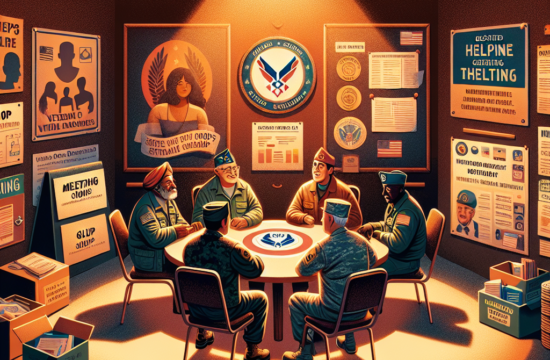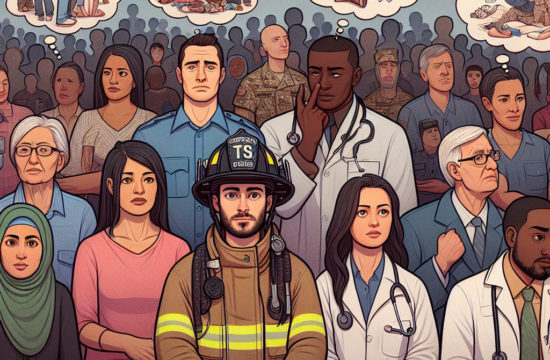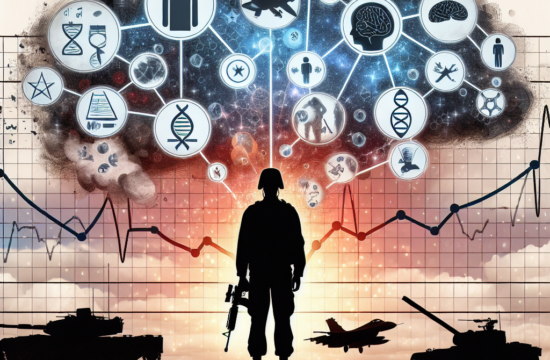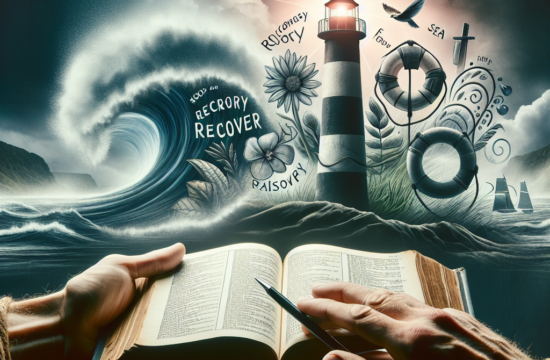Top 4 Semantic Keyword Phrases
- Mental Health Challenges for Veterans
- Support Networks for Veterans
- Effective Healing Techniques for Veterans
- The Role of Community in Veteran Recovery
Mental Health Challenges for Veterans
Identifying the Challenges
From my experience, identifying mental health challenges is the first step. Veterans often face complex emotional landscapes that can include PTSD, depression, and anxiety. Recognizing these issues early can make a huge difference.
==> Thank you for reading this post! Click Here If you are looking for support and Victory over PTSD.
PTSD, or Post-Traumatic Stress Disorder, is prevalent among many veterans. It’s not just a buzzword; it’s a real condition that affects one’s entire life. Symptoms can range from flashbacks to severe anxiety, and they can be triggered by seemingly harmless events.
Depression is another common struggle. Transitioning from military to civilian life can be jarring. You go from a highly structured environment to one with much less oversight and camaraderie. It often leaves veterans feeling isolated and without a purpose. Tackling depression early can be crucial for recovery.
Common Misconceptions
There’s a lot of myths around mental health in the veteran community. One big one is that seeking help is a sign of weakness. Let me tell you, nothing could be further from the truth. Asking for help shows strength and self-awareness.
Another misconception is that all mental health issues can be solved through medication alone. While meds can be a big help, they are not a silver bullet. Therapy, support groups, and lifestyle changes also play critical roles in the healing process.
Don’t forget the notion that “time heals all wounds.” Time itself isn’t enough; proactive steps must be taken. Supporting mental health requires effort, whether that means opening up to a therapist or joining a peer support group.
Tools for Diagnosis
When it comes to diagnosing mental health issues, veterans have multiple tools at their disposal. Clinical assessments from mental health professionals are among the most reliable methods. These assessments often include interviews and specialized questionnaires to pinpoint the issues.
Self-assessment tools are another option. Online resources can help veterans get an initial idea of what they may be dealing with. These tools shouldn’t replace professional help, but they can be a good starting point.
Finally, peer feedback can be invaluable. Sometimes, it’s easier for others to see changes in our behavior than it is for us. Trusted friends and family members can provide insights that you’d otherwise miss.
Support Networks for Veterans
Types of Support Networks
Support networks can come in various forms. One of the most effective is peer support groups. These groups bring together people who have gone through similar experiences, creating a space where veterans can openly share their struggles and solutions.
Family support is another cornerstone. Having a loving and understanding family can make a world of difference. They provide the emotional support that is often crucial for recovery.
There are also professional support networks like therapists and counselors who specialize in veteran issues. They offer both the expertise and the compassion needed to guide veterans through their mental health challenges.
Finding the Right Fit
It’s important to find a support network that suits your needs. Not every group or individual will be the right fit, and that’s okay. The goal is to find a network where you feel comfortable and understood.
Trial and error are part of the process. Attend a few meetings or sessions before deciding if a particular group or therapist is right for you. Your mental health is worth the effort of finding the perfect match.
Finally, don’t be afraid to mix and match. You might find that a combination of peer support, family involvement, and professional counseling works best for you. The key is to keep an open mind.
Sustaining Relationships
Building a support network is just the beginning; maintaining those relationships is crucial. Regular check-ins with your support group can provide ongoing encouragement and accountability.
Family dynamics can be tricky, but communication is key. Make sure your loved ones understand what you need from them in terms of support and understanding.
Professional relationships should also be nurtured. Keep your therapist or counselor updated on your progress and any changes in your situation. Building a rapport with them can make your sessions more productive.
Effective Healing Techniques for Veterans
Therapeutic Approaches
There are various therapeutic approaches that have proven effective for veterans. Cognitive Behavioral Therapy (CBT) is one of the most well-known and effective techniques. It helps veterans understand and change their thought patterns, leading to more positive behaviors.
Exposure therapy is another approach, particularly for those dealing with PTSD. This technique involves gradually exposing the veteran to the source of their trauma in a controlled setting, helping them diminish their fear over time.
Art therapy and music therapy are also gaining popularity. These creative outlets allow veterans to express their emotions in a non-verbal way, which can be incredibly healing.
Medication Management
Medication can play a significant role in managing mental health conditions. Antidepressants, anti-anxiety meds, and mood stabilizers are commonly prescribed. However, it’s crucial to use these medications under the supervision of a healthcare professional.
One important thing to remember is that medication is often most effective when combined with other forms of therapy. It’s not a standalone solution but part of a holistic approach to healing.
Regular follow-ups with your healthcare provider are vital. They can adjust dosages and medications as needed, ensuring you’re getting the most benefit with the least amount of side effects.
Lifestyle Changes
Don’t underestimate the power of lifestyle changes. Exercise, for example, is a natural mood booster. It releases endorphins, which can help alleviate symptoms of depression and anxiety.
Nutrition is another key area. A balanced diet can improve overall mental health. Foods rich in omega-3 fatty acids, for example, have been shown to reduce symptoms of depression.
Finally, mindfulness and meditation can be game-changers. They help veterans stay grounded and present, reducing symptoms of anxiety and stress. Even just a few minutes a day can make a significant difference.
The Role of Community in Veteran Recovery
Community Involvement
The community plays a pivotal role in veteran recovery. Local organizations often offer resources specifically for veterans, from job placement services to mental health counseling.
Getting involved in community activities can provide a sense of purpose. Volunteering, in particular, can be incredibly rewarding. It allows veterans to give back while also benefiting from social interaction.
Community involvement can also help veterans build new social networks. These connections can provide emotional support and practical help, making the transition to civilian life smoother.
Advocacy and Awareness
Advocacy is another crucial component. Raising awareness about the challenges veterans face can lead to better resources and policies. Public awareness campaigns can help reduce the stigma associated with mental health issues.
Veterans can also become advocates themselves. Sharing their stories and experiences can inspire others to seek help and support.
Community leaders and policymakers often rely on data and personal stories to shape their decisions. Veterans’ voices can therefore be powerful tools for change.
Building a Veteran-Friendly Environment
Creating a veteran-friendly environment involves more than just offering services. It means fostering a culture of respect and understanding. Businesses, schools, and other institutions can take steps to be more inclusive of veterans.
Training programs for staff can help them better understand the unique needs of veterans. This can improve interactions and provide a more supportive environment.
Finally, public spaces can be designed with veterans in mind. Quiet areas, clear signage, and accessible facilities can make a big difference for those dealing with anxiety or PTSD.
FAQ
1. What are the common mental health challenges faced by veterans?
Veterans commonly face PTSD, depression, and anxiety. These mental health issues stem from the stress and trauma experienced during their service. Recognizing and addressing these challenges early can lead to more effective recovery.
2. How can veterans find the right support network?
Finding the right support network involves trial and error. Veterans should look for peer support groups, family involvement, and professional counseling. It’s crucial to find a network where they feel comfortable and understood.
3. What are some effective healing techniques for veterans?
Effective healing techniques include Cognitive Behavioral Therapy (CBT), exposure therapy, and creative therapies like art and music. Medication management and lifestyle changes such as exercise and mindfulness can also play significant roles in recovery.
4. How important is community involvement in veteran recovery?
Community involvement is extremely important. Local organizations offer valuable resources, and community activities provide a sense of purpose. Advocacy and creating a veteran-friendly environment can further support veterans in their recovery journey.
Original Source











